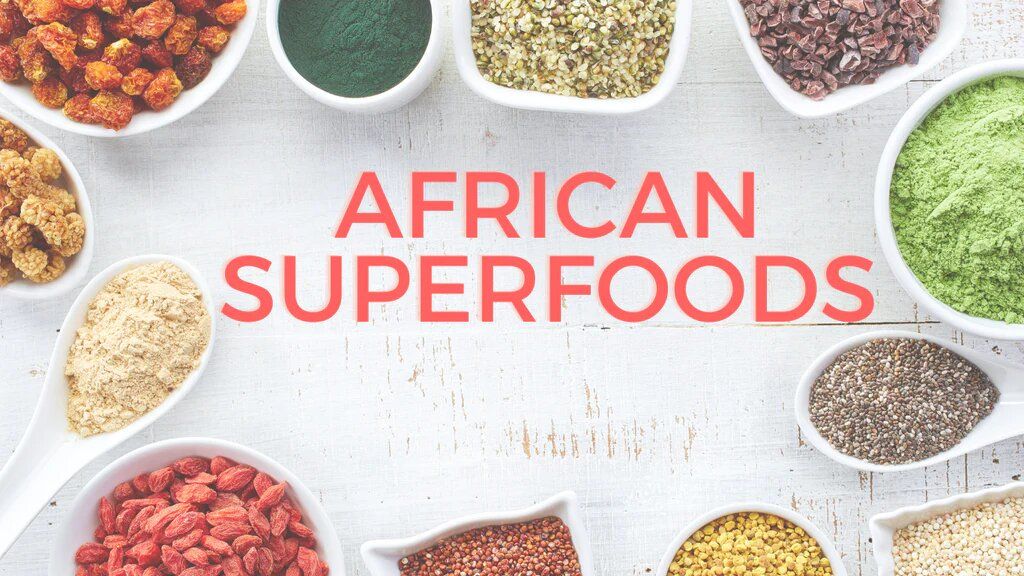How to Eat to Reduce Anxiety and Improve Your Mood?
We've all heard the saying "You are what you eat." While this age-old adage typically resonates with discussions about physical health an intriguing dimension often overlooked is how our diet impacts our mental state. Food does more than satiate hunger and provide energy. It possesses the potential to influence our emotions our cognitive processes and our overall psychological well-being. Recent scientific findings suggest that the correlation between dietary choices and mental health is stronger than previously believed. Understanding this relationship the profound synergy between the food we consume and our mood can genuinely be transformative. As we embark on this enlightening journey let's unravel the profound secrets of mood-boosting foods dive into the captivating science of food and mood and arm ourselves with the knowledge of nutrition for enhanced mental health.
What foods are good for mood and anxiety?
1. Omega-3 Rich Foods:
Fish Flaxseeds Walnuts. Omega-3 fatty acids especially EPA and DHA have been linked to reduced symptoms of depression. The anti-inflammatory properties of these fatty acids play a role in brain health potentially countering depressive symptoms.
2. Dark Chocolate:
Yes it's true! Dark chocolate especially the ones with higher cocoa content can elevate your mood. It increases serotonin levels and has a rich content of polyphenols especially flavonoids. Remember to opt for varieties with minimal added sugars.
3. Fermented Foods:
Kimchi Yogurt Sauerkraut. Gut health is directly related to mood. Fermented foods are packed with probiotics which can foster a healthier gut biome and in turn can positively influence brain health and mood.
4. Leafy Greens:
Spinach Kale Swiss Chard. These greens are high in folate a nutrient that helps produce dopamine—a neurotransmitter linked to mood regulation.
5. Whole Grains:
Quinoa Oats Brown Rice. Carbohydrates can boost serotonin the "feel-good" neurotransmitter. Whole grains release glucose slowly preventing mood swings and providing a steady energy source.
6. Berries:
Strawberries Blueberries Raspberries. Berries are rich in anthocyanins which help produce dopamine. They're also packed with other essential nutrients benefiting overall health.
The Science of Food and Mood
The profound connection between our diet and our emotional state has always intrigued researchers and nutritionists. So what's the science behind it?
- Brain Chemistry: Our meals snacks and even the beverages we sip can impact our brain's neurotransmitters. For instance nutrients like carbohydrates proteins and specific fats can elevate or deplete neurotransmitters like serotonin and dopamine which are directly linked to our mood. A chocolate bar might uplift your spirits momentarily because it triggers a surge in endorphins the body's natural feel-good chemicals.
- Brain Function: Think of your brain as an intricate machine that requires specific fuels to function optimally. Nutrients like Omega-3 fatty acids antioxidants from fruits and veggies and vitamins like B12 and D play vital roles in enhancing cognitive functions promoting neuroplasticity and protecting the brain from oxidative stress and inflammation which could otherwise impede mood regulation.
- Gut-Brain Axis: The gut is often referred to as the "second brain" because of its surprising influence on our mental well-being. The gut and brain communicate regularly meaning a balanced gut biome can impact mental health. Probiotics and fiber-rich foods that promote a healthy gut can have a profound positive influence on mood and emotional balance.
Nutrition for Mental Health
Our minds much like any other organ require nourishment and the quality of this nourishment can make all the difference. Here's what to focus on:
- Balanced Diet: A consistent intake of varied nutrients ensures our brain functions at its best. Proteins provide amino acids essential for neurotransmitter production carbohydrates act as a primary energy source and fats especially Omega-3s support neural structures. Including a rainbow of fruits and vegetables ensures we get a spectrum of vitamins and minerals necessary for cognitive functions.
- Stay Hydrated: Water is essential for all cellular functions. The brain being about 75% water is especially sensitive to dehydration. A lack of proper hydration can lead to difficulty in concentrating fatigue and mood swings.
- Limit Caffeine and Sugar: While they provide a quick energy boost excessive caffeine and sugar can lead to abrupt crashes causing irritability mood swings and even anxiety. A balanced intake ensures that energy levels and mood remain steady.
- Alcohol in Moderation: While a glass of wine might seem relaxing overconsumption can depress the central nervous system reducing the production of serotonin the "happiness neurotransmitter" leading to feelings of sadness or depression.
What things to keep in mind for?
Embracing a diet tailored for mental wellness is commendable but it's essential to approach this transformative journey with the right mindset and knowledge. The interplay between nutrition and emotions is intricate and it's vital to navigate this path with both enthusiasm and caution. Here's a more detailed guide on things to consider:
- Moderation is Key: In the realm of nutrition balance reigns supreme. Even nutrient-rich mood-boosting foods can have counterproductive effects if consumed excessively. Overindulgence can lead to unintended health complications or diminish the intended mood-enhancing effects of certain foods. Just as one wouldn't guzzle gallons of water at once despite its importance the same principle applies to mood-boosting foods.
- Individual Responses Matter: It's crucial to remember that everyone's body and mind are unique. A dietary approach that uplifts one person might not necessarily resonate with another. For instance certain foods might trigger allergies or intolerances in some individuals which could inadvertently exacerbate anxiety or stress. Documenting personal experiences and reactions to different foods can provide invaluable insights.
- Don't Neglect Mental Health Basics: Nutrition is a powerful tool but it's not a standalone solution. It's vital to integrate dietary changes with other foundational mental health practices—regular sleep stress management techniques physical activity and professional therapy if needed.
- The Role of Gut Health: As mentioned earlier the gut-brain connection is profound. When focusing on diet for mood enhancement it's not just about direct mood-boosting foods but also about nurturing the gut. This includes incorporating prebiotic and probiotic foods ensuring dietary fiber intake and minimizing heavily processed foods.
- Beware of Quick Fixes: In our fast-paced world the allure of "miracle foods" or quick dietary hacks is strong. While some foods do offer rapid mood-boosting effects it's essential to view nutrition as a long-term investment in mental well-being rather than a swift cure.
- Consult a Professional: This cannot be emphasized enough. Everyone's nutritional needs and health backgrounds vary. Personalized guidance from nutritionists dietitians or healthcare professionals can optimize the journey ensuring that dietary choices are both safe and effective.
- Stay Updated: The field of nutritional psychology is evolving rapidly. What's considered groundbreaking today might be refined tomorrow. Staying updated with current research can offer fresh insights and refined strategies to further enhance the diet-mood connection.
- Holistic View: Lastly while focusing on foods and nutrients is essential it's equally vital to approach food with joy mindfulness and gratitude. The act of eating can be a therapeutic ritual a moment of pause and reflection in our otherwise bustling lives.
Conclusion
The link between food and mood isn't just anecdotal. It's backed by science. By integrating mood-boosting foods into our diet and understanding the profound effects of nutrition on mental health we can pave a path to reduced anxiety and improved overall well-being. Remember every bite we take is an opportunity to feed our soul not just our body. Choose wisely and here's to happier healthier days ahead!








